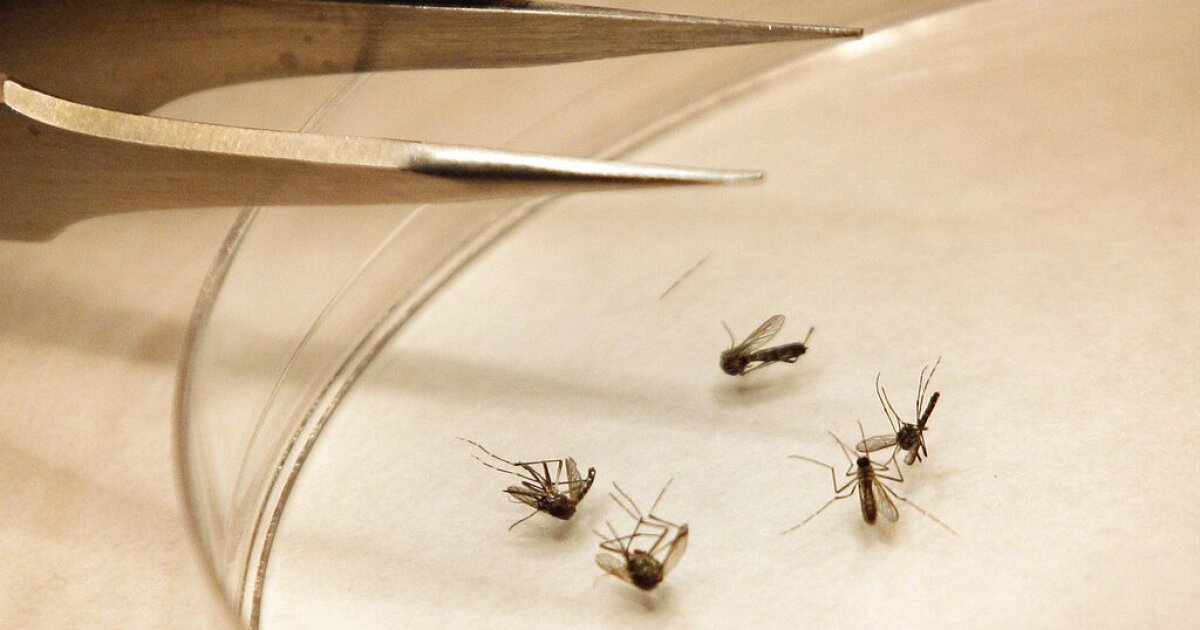Health officials in Nashville have confirmed the city’s first human case of the West Nile virus in nearly two years. The Metro Nashville Public Health department reported that an individual from South Nashville tested positive for the virus last week. Due to patient confidentiality, further details about the case are not available. This incident raises concerns given the significant presence of the virus in local mosquito populations.
Widespread Detection in Mosquitoes
According to Metro Nashville Public Health, West Nile-positive mosquitoes have been identified in 27 out of 32 monitoring sites across the city. This widespread detection indicates that the virus is actively circulating in the area. Public Health Director Dr. Michael Peters noted, “Every week, our team goes out to 32 different sites across the city.” The rise in mosquito activity has prompted officials to enhance public awareness efforts.
While most individuals infected with the West Nile virus may not exhibit symptoms, those who do can experience mild illness resembling a common cold. There is potential for severe cases, which can lead to more serious health complications. Dr. Peters emphasized, “In rare cases, it can lead to death. That’s very uncommon, but it can happen.” The largest outbreak in Middle Tennessee occurred in 2002, resulting in several fatalities, predominantly in West Tennessee. In response, the city previously sprayed neighborhoods to manage the virus, but such practices have not been used in recent years.
Preventive Measures and Community Outreach
In light of the recent case, Nashville officials are prioritizing public education and community outreach regarding West Nile virus prevention. Dr. Peters explained, “If West Nile Virus comes back in any of those traps, then we go to that community and we’ll kind of directly hand out all the homes in that area—let them know, this is what we found and this is what you can do to protect yourself.”
Residents are encouraged to take several precautionary measures, especially when spending time outdoors. Eliminating stagnant water on properties is essential, as these areas serve as prime breeding grounds for mosquitoes. Additionally, using mosquito repellent containing DEET is recommended for effective protection. Dr. Peters reassured the public that they should not feel compelled to cancel outdoor plans but should take appropriate precautions. “We want to reduce that threat as much as we can,” he stated.
The threat posed by mosquitoes will persist until the first freeze of the season, which Dr. Peters indicated will significantly reduce their population. For individuals who suspect they may have contracted the West Nile virus, healthcare providers can conduct testing. Treatment focuses on managing symptoms since it is a viral infection.
As the city navigates this public health concern, residents are encouraged to remain vigilant and informed. Community engagement and adherence to preventive measures will be crucial in mitigating the impact of the West Nile virus in Nashville.
